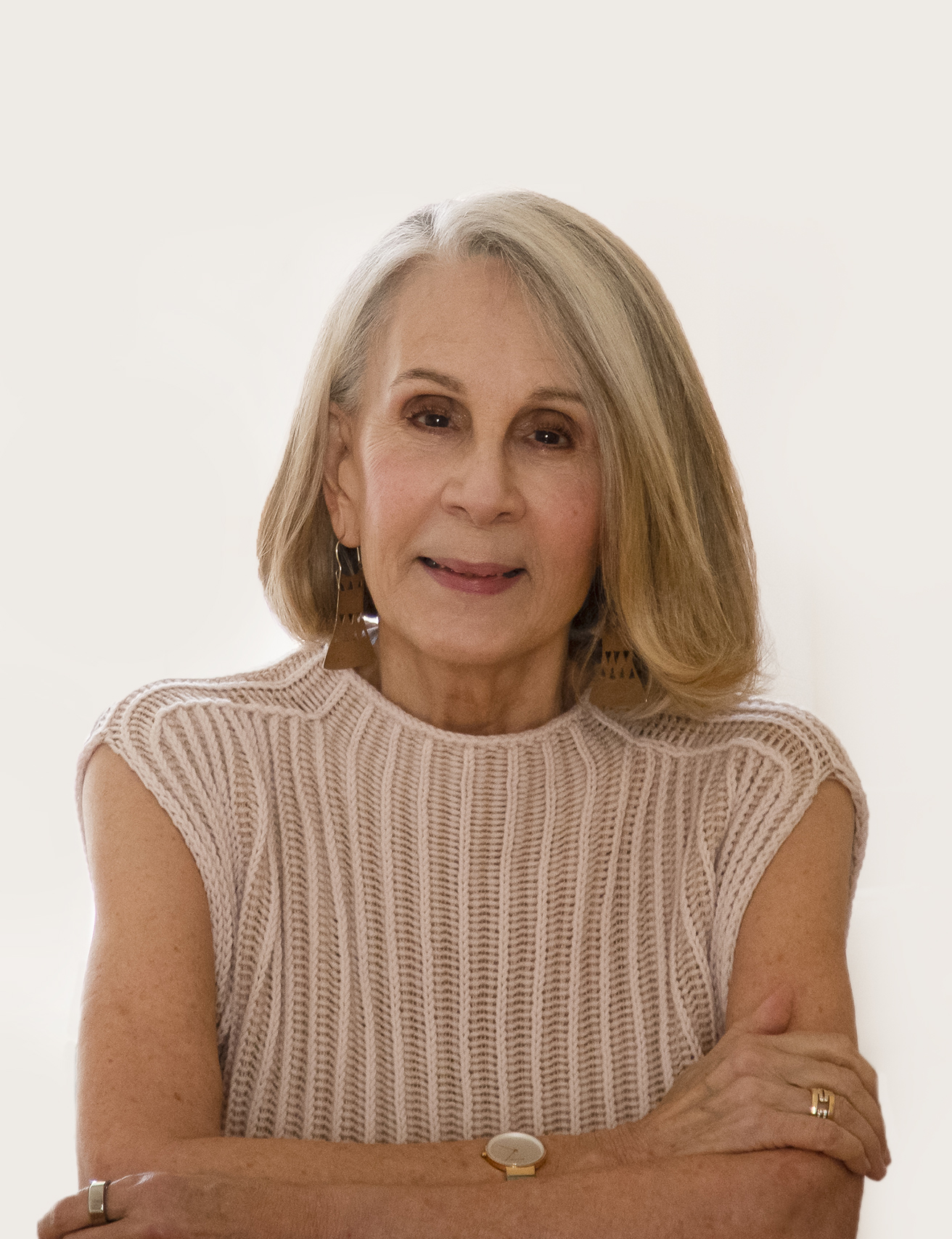
When we think about death, most of us are immediately struck with fear and anguish. After all, physical death can occur at any moment, and we have very little control over it. This nearly universal fear of death derives from the false belief that we are what we think.
To understand this, you only need to look at how predominant the use of rational thinking is in the ways most of us identify and understand ourselves. Our identity is wholly dependent upon who and what we believe ourselves to be, and our rather illusory conclusions that define us.
We relate to one another accordingly and feel a need to continually evaluate our relationships and the conditions of our lives, regularly searching for meaning in our circumstances and obsessing over our artificially conceived daily schedules.
In truth, most of our lives are enslaved to the ways we think about and associate with things, and to the memories we carry with us. Even the most private, inner moments of our subjective lives are ruled by our logic-cutting, linear thought processes. Sensitivity and spontaneity, not to speak of our reactions to the unexpected, are usually at a bare minimum.
None of this is helpful when we enter our authentic inner world. It is wholly separate from the identities we give ourselves (including the memories that give these false identities meaning and the feelings that give them emotional power).
The hidden, authentic self and the illusion of identity
Our true identity is that hidden part of ourselves that is more real than any of those external, artificial facets of our lives.
Through a finely honed feeling-sensing faculty – one that remains largely undeveloped in most of us – we can perceive the voice of our soul and its yearnings. It is a voice that quells our greatest fear, which is death and the lack of apparent continuity it brings.
In our upbringing, especially in modern Western cultures, no real education is provided to help us understand our soulfulness or explain our innermost yearnings – what they represent and why they are there. This only intensifies our feelings of fear towards anything that is not solid, provable, and permanent.
For many, death is an experience of anticipated loss and separation, threatening to rip us from our habitual patterns and the relationships we cherish. Many instinctively sense that, while dying, a person can continue to see and feel but cannot do, touch, or experience anything other than through the emotions and associations that prevailed in their life.
Without the physical shell that acts as a buffer to the impulses, reflexes, and myriad energetic phenomena that interact with life on all levels, emotions are actually stronger during the first stage of departure.
Yet the emotional awareness of the physical world that has given meaning to the newly departed lasts only as long as their attention is held on friends, places, and conditions.
Listening to the small, still voice within
In the transition between life and death, this degree of attention corresponds to one’s level of attachment, personal focus, and interest in affairs and people at the third-dimensional physical plane.
In other words, the mind attaches to the objects and people it must leave behind, especially to those who cry out to them. Only those who have rid themselves of possessiveness and personal needs while they are still alive, including the vices that replace love and meaning, will be released from this fate. And those who listen attentively will hear the still small voice within, which speaks of another mysterious reality.
Once you grasp this essential Truth, you can create a tangible link, a camaraderie, a companionship with the forces of Light at the highest level – and you can do so while you are still embodied. Rather than a comfortable, pleasurable life filled with self-indulgence, your greater purpose is to fulfil a higher life-calling, which emerges at the level of Spirit beyond embodiment.
Reclaiming the eternal life
A human being is so much more than their personal life. Each of our journeys contributes to the creation of a better humanity and a better world. Life is eternal, but not in any way you can envision from the physical perspective. Eternity is more magnificent than you can even imagine.
When you prepare for death, with the dying of your egoism, you discover freedom, heaven, and bliss while living a sacred relationship with Spirit.
In the course of dying, as in life, the enemy is fear. Fear forecasts doom and failure. It demands dependence upon others and outer things to ‘rescue’ or ‘save’ you and give you a meaning you cannot find within yourself.
Fear is the exact opposite of love: they both contain the same voltage, but inversed. While fear retains, love releases. Only the same kind of resistance can neutralise a charge; that’s why only love can neutralise fear.
Once you understand this, you will discover a life of freedom and authenticity as you learn that you are not helplessly stuck in a violent world of despairing projections, aggressions, and unpredictable events that seem to control you.
You will know that you can restructure your world when you restructure yourself and live ethically, creatively, and according to the laws of Nature and the heavens. But to pierce through that powerful collective miasma of fear, you must learn to see and trust yourself — that is, your true Self.
If you are reading these lines, you are already listening to your ‘Self’. Know that when you touch upon the heart of Self, you fall into the spaciousness of the All, where you are never alone.




